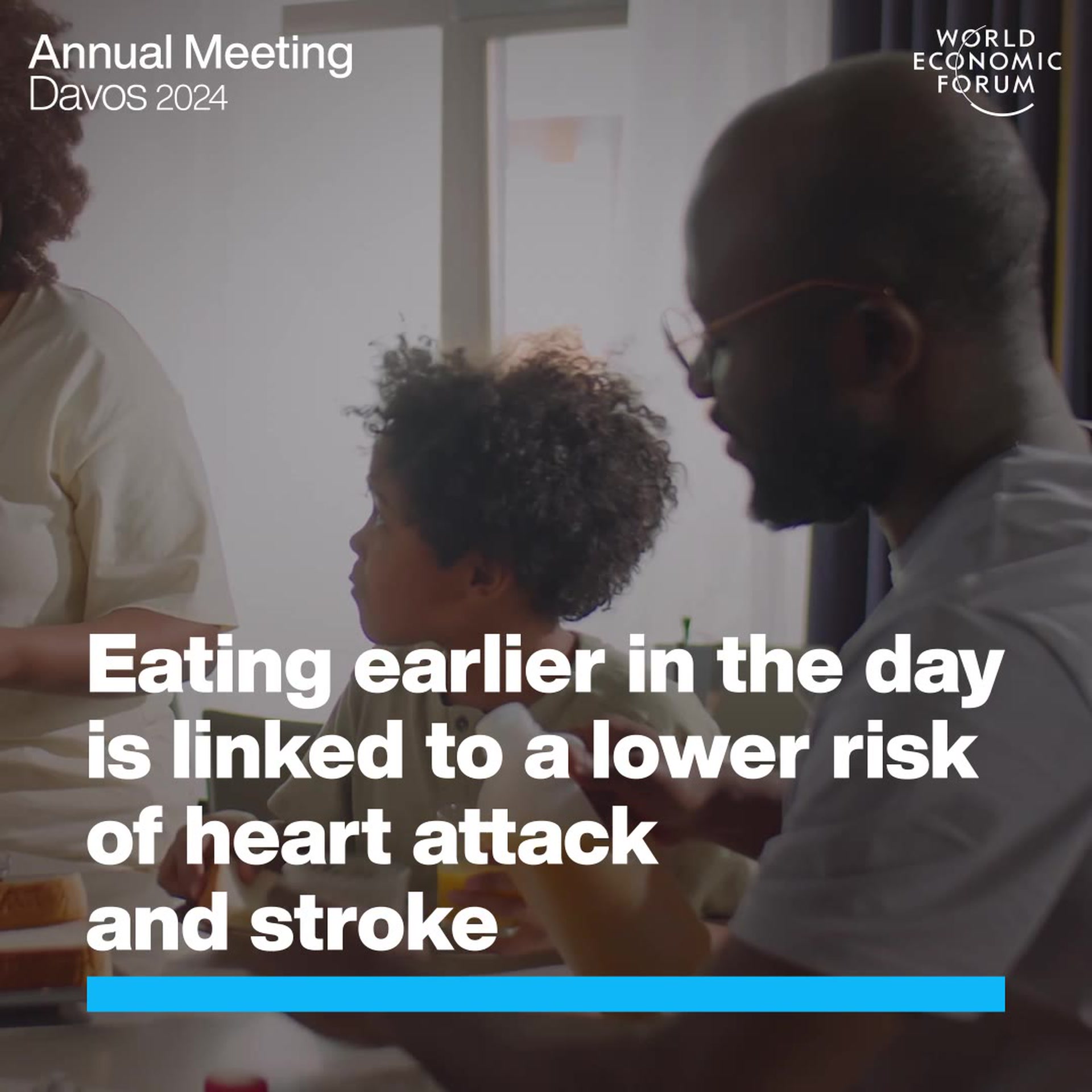7 memory skills that successful people use


Get involved with our crowdsourced digital platform to deliver impact at scale
Stay up to date:
Behavioural Sciences
This article is published in collaboration with Business Insider.
Learning ability is probably the most important skill you can have.
Take it from Peter Brown, Henry Roediger, and Mark McDaniel, authors of “Make It Stick: The Science Of Successful Learning.”
“We need to keep learning and remembering all our lives,” they write. “Getting ahead at work takes mastery of job skills and difficult colleagues. … If you’re good at learning, you have an advantage in life.”
And to learn something is to be able to remember it, say the authors, two of whom are psychology professors at Washington University in St. Louis.
Unfortunately, lots of the techniques for learning that we pick up in school don’t help with long-term recall — like cramming or highlighting.
To get over these bad habits, we scoured “Make It Stick” for learning tips.
Here are the takeaways:
Don't miss any update on this topic
Create a free account and access your personalized content collection with our latest publications and analyses.
License and Republishing
World Economic Forum articles may be republished in accordance with the Creative Commons Attribution-NonCommercial-NoDerivatives 4.0 International Public License, and in accordance with our Terms of Use.
The views expressed in this article are those of the author alone and not the World Economic Forum.
Related topics:
The Agenda Weekly
A weekly update of the most important issues driving the global agenda
You can unsubscribe at any time using the link in our emails. For more details, review our privacy policy.
More on Behavioural SciencesSee all
Peter Dizikes
November 27, 2023
Aaron De Smet and Patrick Simon
September 25, 2023
Kate Whiting and Kateryna Gordiychuk
September 6, 2023






